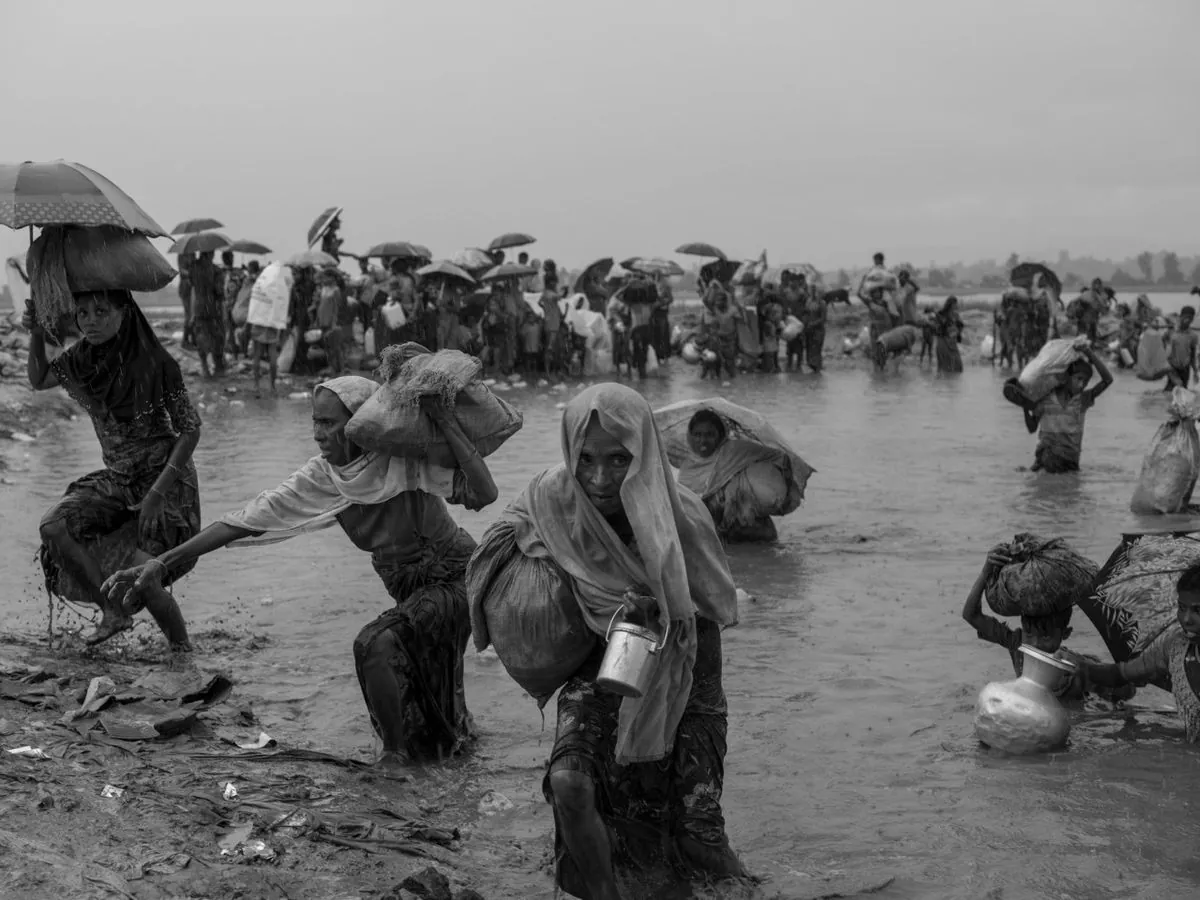In a small-rented room in Coxʼs Bazar Karim sits sharing his story of loss. His 7-year old daughter died in a recent bombing in Myanmarʼs Rakhine state (an attack he says was done by the Arakan Army)
Myanmar has turned into a place where it is impossible to live for Muslim people like us. If weʼre sent there‚ they will kill us
The situation mirrors events from about 7 years ago when over 740‚000 Rohingya escaped to Bangladesh; however todays context is different — the Arakan Army has become an extra source of danger alongside Myanmarʼs military
Bangladeshʼs response to this new wave shows a shift: while the previous government led by Sheikh Hasina welcomed refugees; the current interim leader Muhammad Yunus faces tough choices about managing whats become the worlds largest refugee camp. His government dont accept new arrivals; pushing them back despite international laws
- Limited food supplies
- Overcrowded living spaces
- Growing security problems
- Reduced aid resources
The global response has changed too — international media that once crowded Coxʼs Bazar is now almost non-existent. The camps themselves have become harder to access due to rising safety issues; while inside refugees share stories of recent escapes: some lost entire families crossing the Naf River; others watched loved-ones drown when boats capsized
The Rohingya Cultural Memory Centre stands as a bitter-sweet reminder of whatʼs been lost: detailed wooden models show homes mosques and shops that once existed in Rakhine — now just memories preserved in this make-shift museum. The exhibits tell stories of a community whose physical connection to their homeland grows weaker with each passing day
